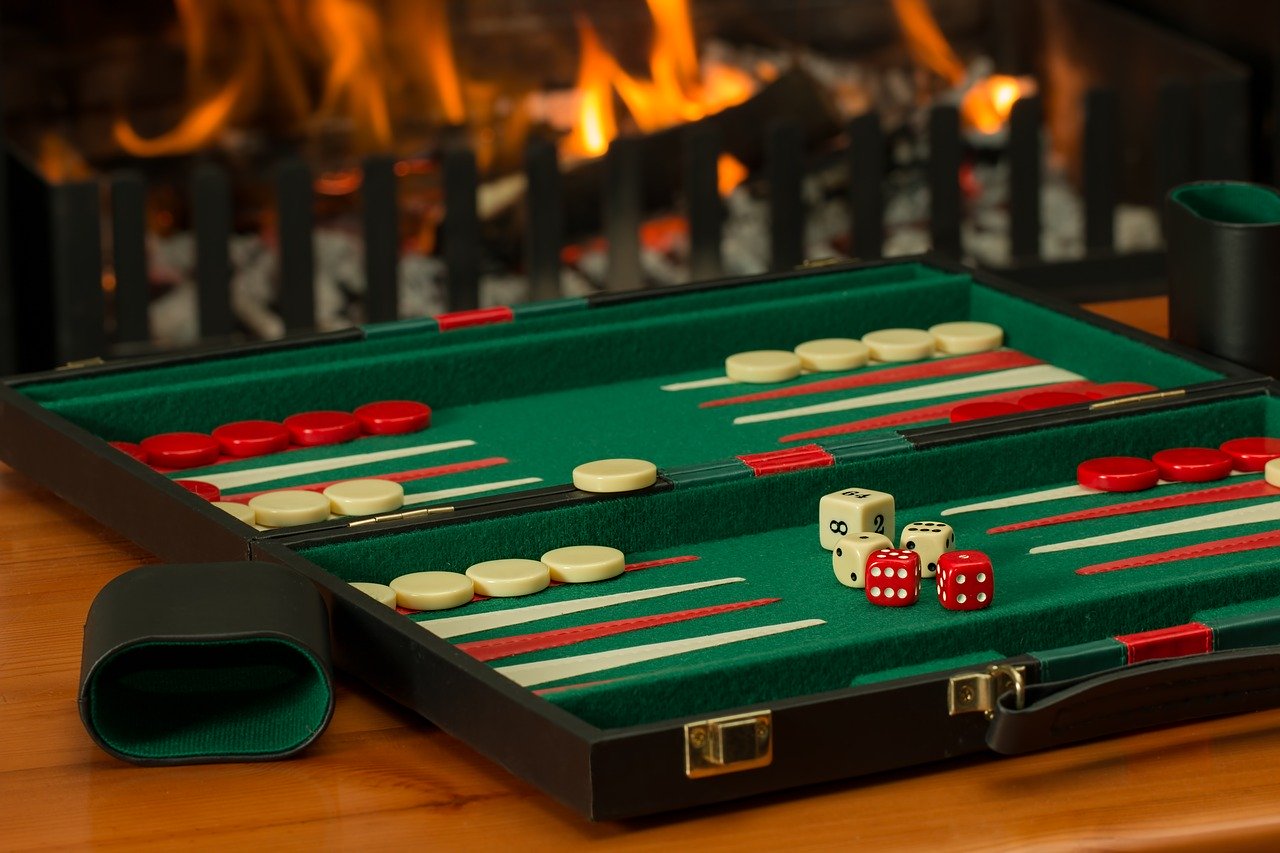I saw a roulette framework publicized on TV one night. What a joke! It was just a cash administration framework. It isn’t a terrible thought to deal with your wagers and your bankroll when you bet, however in the event that that is all you are doing, you simply moderate your misfortunes or improve them. Following ten years working in a casino and running a roulette table, I can let you know that cash administration frameworks don’t make you a benefit over the long haul.
There is a roulette framework that works, in any case. It takes some cautious arranging and a considerable measure of work. Truth be told, you may need to put in days or even weeks dully “diagramming” roulette wheels, which implies recording the numbers that surface on every turn.
This work is exhausting, which clarifies why relatively few individuals will utilize this framework. That is something to be thankful for, coincidentally. Any framework that is too simple will be over-utilized, thus ceased by the casinos. For instance, while working at a casino, I watched a man make $80,000 over a time of months utilizing this straightforward framework, and administration didn’t appear to mind. Sluggishness, I figure, or they were profiting on alternate players to lose a couple of thousand back to this man each month.
Then again, after I quit my occupation and came into bet, the wheels were repaired and re-aligned to dispense with any predisposition. More than one general champ obviously would have been a lot for them. You can see why frameworks which are more troublesome and subsequently less-utilized can work for a more drawn out time, and why you ought to stay under the radar and not tell others what you are doing.
A Better Roulette System
Here is the framework: Write down the consequences of 5,000 twists. Check whether there are any numbers that surfaced more than 151 times. Provided that this is true, begin betting on that number each turn. If not, attempt another wheel. That is essentially the entire arrangement.
Here is the reason it works. Roulette wheels some of the time have inclinations, which means a number or numbers come up more frequently that they ought to by possibility. At times a number is spun much of the time enough to profit. In the event that 18 is appearing one in 30 turns, for instance, and you wager $10 on it every time, you get paid 35 to one when it hits, in addition to you keep your $10 wager.
You would win $350 once for each 30 turns, all things considered, and lose $290 on the other 29 $10-wagers. This would bring about a benefit of $60 for each 30 turns, or about $80-per-hour on a “quick” table (40 turns for every hour). It is exhausting betting the same number without fail, and a decent “normal” doesn’t mean you won’t have evenings where you lose many dollars. I saw that man of honor who won $80,000 lose $500 a few evenings, yet he stayed with it and profited.
It is vital that the inclination is sufficiently extraordinary. This specific player would play number just in the event that it was coming up 1-in-33 twists or all the more frequently (151 out of 5,000 twists). His best number on one wheel came up once in each 29 turns, making him as much as $100 every hour for his time, contingent upon the pace of the diversion every night (with a $10 wager every time).
Why do roulette wheels have inclinations? Conceivably fabricating blemishes, similar to a divider between pockets which is higher than others, thus “discovers” the ball, making it fall on specific numbers more frequently than it ought to. A free divider could ingest the “hit” of the ball making it drop in that spot as opposed to bob off of it as it may ordinarily do.
There are different explanations behind one-sided roulette wheels. Luckily, you don’t need to know why a wheel has an inclination for this roulette framework to work. You simply need to know the inclination is measurably huge. That is the reason you track the aftereffects of no less than 5,000 twists, and conceivably more. Any less and you might wager on a false-predisposition. Without getting into the science, consider it along these lines: Any ten coin hurls can bring about seven heads or tails, yet a fair-minded coin won’t ever come up heads 7,000 out of 10,000 hurls.
Obviously, on the off chance that you do see transitory explanations behind predispositions, similar to a sticky pocket that had a couple drops of somebody’s drink sprinkled into it, you might need to watch to check whether the wheel is cleaned. The reason most inclinations stay for some time is that they are obscure or their cause is obscure, and supplanting roulette wheels is costly. Cleaning isn’t.
Exchanging two or three wheels around is a modest arrangement a few casinos use to ruin “wheel sanctions” also, so retain the wood-grain example of the wheel. That way you’ll know whether it was moved or supplanted. This roulette framework works just on particular wheels (those with particular predispositions) so you have to know you are playing on the same wheel every time.

